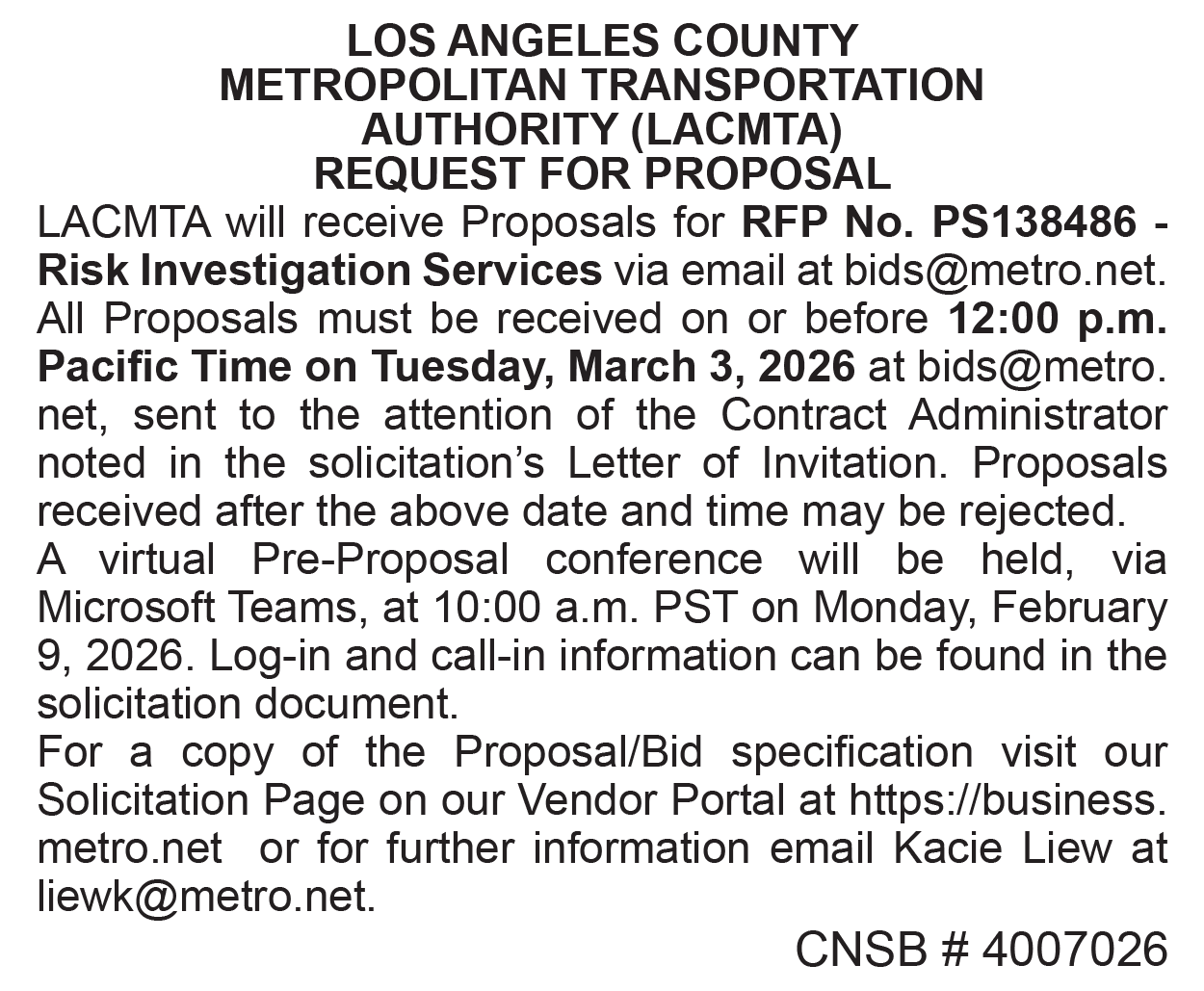Burk: A Practitioner's Guide to AOE/COE
Friday, November 18, 2022 | 0
Practitioners and employers will often hear the phrase “arising out of and in the scope of (or course of) employment.”

Maura Burk
This phrase encompasses two separate concepts: Occurring in the course of employment, which refers to when the injury occurred and if it occurred at work; and arising out of employment, which refers to causation and how the injury occurred and if work, and if the employee’s work was a causative factor of the injury.
Sometimes there are instances where an injury may occur during work or arise out of work, but not both. An injured employee must prove both. Following are hypothetical situations where respondent may have a good argument that the injury is not compensable, as the injury does not arise out of AND occur in the course of employment.
Scenario 1
Peter, a cashier, is walking an item back to a shelf. As he is walking, his knee locks up. He does not trip or fall, but he does sustain a knee sprain.
Here, there is a good argument that this injury did not arise out of employment. This is outlined in Meuse v. Egg Harbor Township Police Department, where the appellate court found that petitioner’s knee could have buckled at any time, and it was a coincidence that the knee buckled at work. Therefore, as the work conditions had nothing to do with the knee injury, the worker was not entitled to benefits.
If Scenario 1 changes just slightly to a situation where something at work causes the injury, the outcome can be quite different.
Scenario 2
Peter, a cashier, is walking an item back to a shelf. As he is walking, his knee locks up. He falls to the ground and his elbow hits a shelving unit, as well as the floor, and he sustains an elbow fracture from the impacts.
Here, the injured worker has a stronger argument that this is compensable, as the shelving unit and the floor were what ultimately caused petitioner’s injury to his elbow. The employer should rely on George v. Great Eastern Food Products and maintain that it is responsible only for any injury to the elbow caused by the shelf and floor at work, not any injury to the knee, which was not caused by anything at work.
Scenario 3
Tony and Rick are co-workers and are working a shift together. Tony’s lifelong personal enemy, Fred, comes to their place of employment and punches both Tony and also punches Rick, who was standing in between Tony and Fred.
As to Tony, this injury does not arise out of the scope of employment, pursuant to Pittel v. Rubin Bros. Bergen Inc. While this injury did occur at work, it stemmed from a personal relationship that had nothing to do with work. However, as to Rick, this injury does arise out of the scope of employment. Fred had no outside personal relationship with Rick, so this attack was not personal and did arise in the scope of employment and it also arose out of employment.
Scenario 4
Tom has preexisting high blood pressure. While attending a work meeting, he feels sudden chest pain. He is diagnosed with myocardial infarction.
Here, the cardiac event occurred at work but was not caused by work, as Tom was just attending a meeting when the heart attack occurred. This injury did not arise out of work.
Employers should keep in mind that an injury must both arise out of and occur during the course of employment to be accepted as compensable. Injuries caused by a personal risk or personal relationship are not compensable under New Jersey statute.
Maura Burk is a shareholder with Capehart Scatchard, a defense law firm in New Jersey. This post appears with permission from the New Jersey Workers' Comp Blog.







Comments